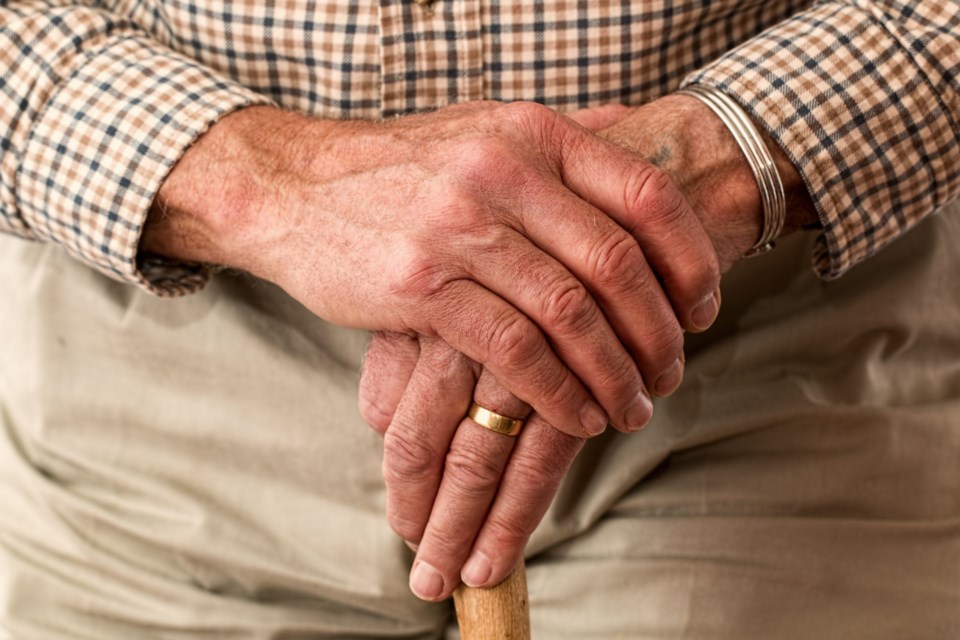A new report from the Center for an Urban Future highlights a sharp increase in financial insecurity among older adults across New York State, with the number of seniors living in poverty surging nearly 50% over the past decade.
The findings, released on Feb. 11, suggest that many older New Yorkers lack retirement savings, are struggling to afford the rising cost of living and are working past retirement age out of necessity, according to a press release.
The report, titled "The Emerging Financial Security Crisis Facing Older Adults in New York State," details stark disparities in financial stability among seniors across the state. It found that in the Bronx, 64.3% of adults over 70 reported no retirement income in 2022, followed by 60.3% in Brooklyn and 50.7% in Orange County. In addition, nearly a quarter of older adults in the Bronx 24% currently live in poverty, the highest rate in the state.
"New York State’s population is aging rapidly, but far too many of these older New Yorkers are financially insecure and struggling to make ends meet," said Jonathan Bowles, executive director of the Center for an Urban Future. "We’re going to see thousands more older adults fall into poverty unless state leaders act now to address affordability challenges facing so many older adults."
The report also found that an increasing number of older adults are remaining in the workforce, likely as a means to cope with financial strain.
To combat this growing crisis, CUF’s report proposes a series of policy measures to improve financial security for older New Yorkers. These include:
-
Expanding affordable senior housing options and incentives for new housing development.
-
Eliminating waiting lists for key aging services, such as home-delivered meals and transportation assistance.
-
Lowering healthcare costs by allowing the state to import lower-cost prescription drugs from Canada.
-
Implementing a tax credit to aid family caregivers and extending the Earned Income Tax Credit to New Yorkers over 65.
Beth Finkel, state director of AARP New York, called the report a “wake-up call” for policymakers.
"CUF’s latest report on New York State’s rapidly aging population is a wake-up call for policymakers whose decisions directly impact the quality of life for millions of older New Yorkers," Finkel said. "More older residents are struggling financially than ever before."




